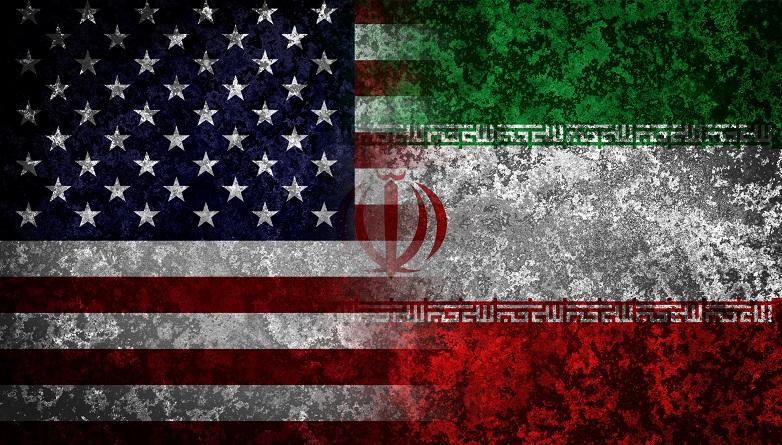
Vienna Agreement With Iran: New Opportunities For U.S. Companies?
The Agreement concluded by the six world powers and the Islamic Republic of Iran in regard to its nuclear program, represents an historic moment in the diplomatic relations between the United States and Iran and, simultaneously, opens to the American business-world the possibility of new and previously unimaginable opportunities.
Though the Joint Comprehensive Plan of Action (JCPOA) signed in Vienna did not lift unilateral U.S. sanctions on Iran (for the most part contained in the Iranian Transactions and Sanctions Regulations (ITSR)) the agreement contained a provision permitting foreign companies owned by U.S. persons to obtain from the Office of Foreign Assets Control (OFAC) specific licenses for dealing in activities with Iran consistent with the JCPOA. The implementation of this provision will likely depend on the Iranian Government’s compliance with its international commitments regarding the nuclear issue.
In order to better understand the scope of this new regulation, it is necessary to point out that currently the ITSR prohibits entities owned or controlled by a United States person and established or maintained outside the United States, from conducting any direct or indirect transaction with any person subject to the jurisdiction of the Government of Iran.[1] There are only a few narrow exceptions to this rule related to activities authorized under OFAC general licenses (like those related to humanitarian, medical and agricultural projects), and to the activities directed to assure the energy independence of Europe and Turkey from Iran and Russia. Basically, § 560.215 means that U.S. entities are currently prohibited from engaging in most commercial transaction with Iran, even if through an intermediary company based in a third country.
But Annex II of the Vienna agreement has the potential to change the status quo. It introduces as a commitment of the U.S. Government the possibility to issue licenses to U.S. persons who own or control a foreign company intending to engage in activities consistent with the JCPOA.[2] An entity is considered owned or controlled by a U.S. person, if this person: a) holds a 50% or greater equity interest by vote or value in the entity; b) holds a majority of seats on the board of directors of the entity; c) otherwise controls the actions, policies or personnel decisions of the entity.
In some respects, Section 5.1.2 of the JCPOA seems vague and difficult to define. Nevertheless, it represents a general framework-shift that surely will be specified before its implementation. At the very least, OFAC will hopefully release guidance on this provision. Most U.S. businesses engaged in international trade will want to know the meaning of “consistent with this JCPOA” before incurring the expense of pursuing a deal and obtaining an OFAC license.
The Agreement also provides that licenses will require a U.S. person’s compliance with certain conditions. For example, licensed activities cannot involve persons on the Specially Designated Nationals List (SDN List). Iran’s compliance with this requirement is especially important in the context of aircraft-related deals. The United States reserves the right to cease performance of Section 5.1.1 if such aircraft, goods, or services are transferred or re-transferred to an SDN. Oddly, this provision incentivizes Iran to implement its own Iran-side sanctions compliance.
Although U.S. persons will continue to be generally prohibited from engaging in transactions with Iran, Section 5.1.2 introduces a completely new possibility for American companies that own or control foreign entities. Indeed, the lifting of European sanctions against Iran in the next months might have meant exclusive access by Europe to the Iranian market. By Implementing Section 5.1.2, the U.S Government has enabled its domestic companies to also benefit from what will likely be a fruitful and enriching initial foray into the Iranian market.
Disclaimer: Blog posts should not be relied upon as legal advice and are only provided for informational purposes. Information contained in blog posts may also become outdated with the passage of time as laws change and U.S. foreign policy and national security objectives evolve.
_______________________________________________________________________________________
[1] 31 C.F.R. §560.215 – Prohibitions on foreign entities owned or controlled by U.S. persons: “Except as otherwise authorized pursuant to this part, an entity that is owned or controlled by a United States person and established or maintained outside the United States is prohibited from knowingly engaging in any transaction, directly or indirectly, with the Government of Iran or any person subject to the jurisdiction of the Government of Iran that would be prohibited pursuant to this part if engaged in by a United States person or in the United States.”
[2] Annex II, par. 5.1.2.

